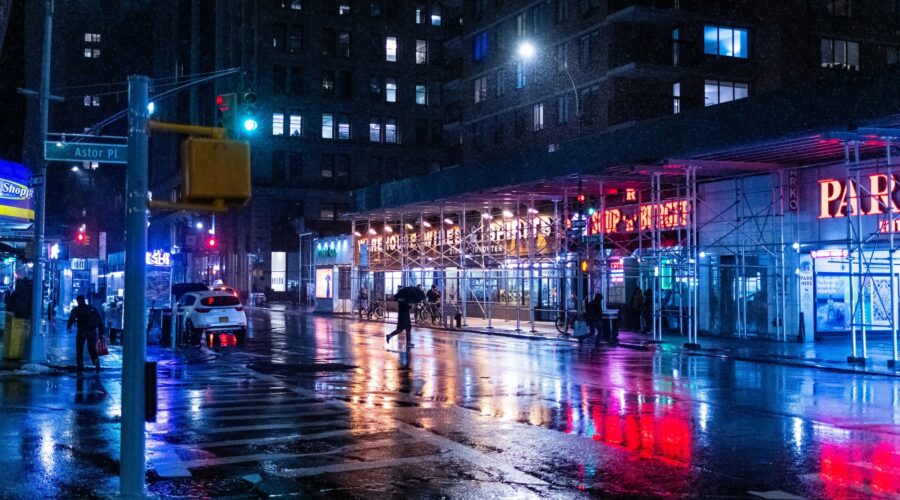Every Monday on Global Comment, we share the slow, thoughtful, considerate words that our brains – and souls – need but that it’s easy to miss in our busy world. We distil the best of the web and recommend just three links every week that you absolutely must see.
No fluff, no fuss, just three exceptional reads.
Here are this week’s recommendations:
The next deadly pandemic is just a forest clearing away. But we’re not even trying to prevent it (Caroline Chen, Irena Hwang and Al Shaw / ProPublica)
Emile was patient zero in the worst Ebola outbreak the world has ever seen. The virus infiltrated 10 countries, infected 28,600 people and killed more than 11,300. Health care workers clad head to toe in protective gear rushed to West Africa to treat the sick and extinguish the epidemic, an effort that took more than two years and cost at least $3.6 billion. Then, the foreign doctors packed up and the medical tents came down.
This has long been the way the world deals with viral threats. The institutions we trust to protect us, from the World Health Organization to U.S. agencies like the Centers for Disease Control and Prevention, focus on responding to epidemics — fighting the fires once they have begun, as if we could not have predicted where they would start or prevented them from sparking.
How an Afghan girls’ school principal fled the Taliban (Mellissa Fung / Al Jazeera)
Even before the bombing, Aqila had started receiving anonymous threats. Messages and phone calls from unknown numbers, warning her to stop her work or face serious consequences for continuing. “They said they know where I’m living, and where my daughter is going to university. They said they would kidnap her if I didn’t stop going to my job.” At about this time, the Taliban was gaining territory around the country, with province after province falling under their control. Still, few believed that Kabul would fall imminently, despite the fact that American forces had set a September deadline to leave.
But the Taliban did take Kabul, and took over the rest of the country, in August that year, and almost immediately stopped all girls from attending high school. Aqila did several interviews with Afghan media, calling on the group to reopen schools for older girls. Her relatives worried that she was putting herself, and her family, in greater danger. When the threats started to come more frequently, she decided she had no choice but to leave.
The Israeli military did not stop hundreds of violent settlers entering Huwara to commit a pogrom. But… (Alon Lee Green)
The Israeli military did not stop hundreds of violent settlers entering Huwara to commit a pogrom. But today they stopped us, hundreds of peaceful Israelis, coming to express solidarity with the town after the violence @omdimbeyachad pic.twitter.com/MGdQCI25Ur
— Alon-Lee Green – ألون-لي جرين – אלון-לי גרין 🟣 (@AlonLeeGreen) March 3, 2023
If you have any suggestions for future words to feature, contact us on our socials or at editor@globalcomment.com
Image: Jack Cohen

